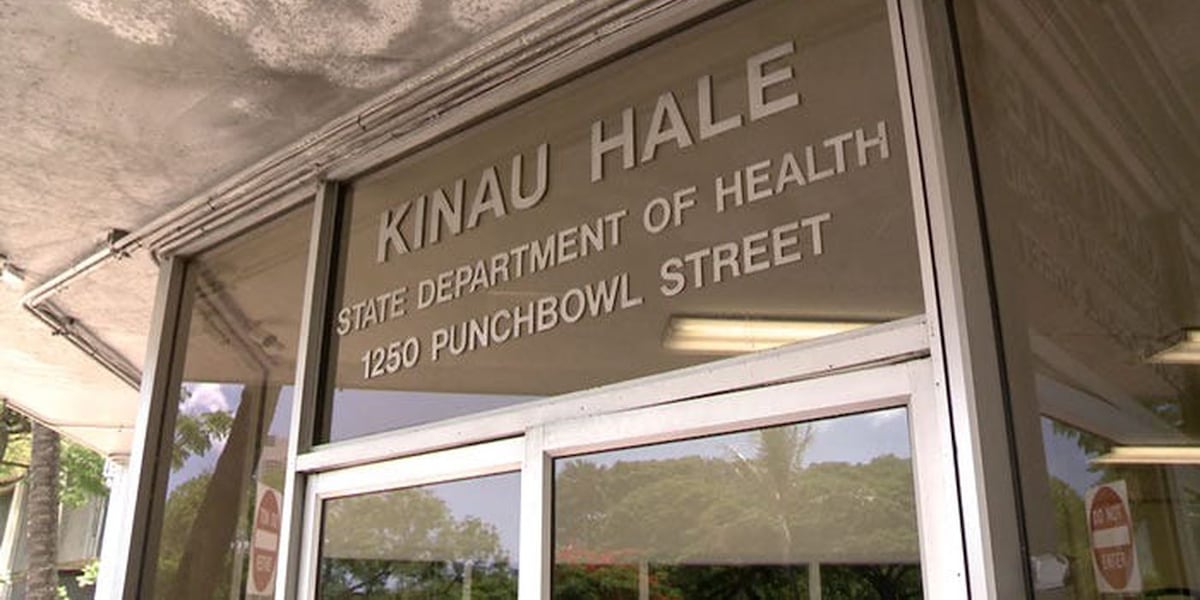Health Tourism Costs Soar: Scottish NHS Faces £6 Million Bill for Foreign Patients' Treatments

Scotland's National Health Service (NHS) is grappling with a significant financial burden due to health tourism, with foreign patients accumulating a staggering £6 million bill for treatments. This figure represents just a portion of the overall cost, as millions more are written off as bad debt, placing further strain on taxpayer-funded healthcare resources. The rising costs are primarily attributed to cosmetic procedures and dental care sought by individuals travelling to Scotland specifically for treatment.
The Scale of the Problem
Recent reports reveal a concerning trend: a growing number of patients from overseas are utilising NHS services for non-emergency procedures. While the NHS is committed to providing care to all in need, the increasing reliance on the system by individuals who are not ordinarily resident in Scotland is raising serious questions about fairness and sustainability. The £6 million bill is a direct consequence of this phenomenon, and the substantial amount of debt written off underscores the difficulty in recovering costs from these patients.
Cosmetic Procedures and Dental Care Drive Costs
A significant portion of the expenditure is linked to elective procedures, particularly plastic surgery and dental work. These treatments are often considerably more expensive in the patients’ home countries, making Scotland an attractive destination for those seeking more affordable options via the NHS. While some may genuinely require urgent medical attention, a considerable number are seeking treatments that are not deemed medically necessary, contributing to the escalating financial pressure on the NHS.
Impact on Scottish Healthcare
The financial strain imposed by health tourism has a direct impact on the quality and accessibility of healthcare for Scottish residents. Resources diverted to cover these costs could otherwise be invested in essential services, reducing waiting times and improving patient care for those who rely on the NHS for their healthcare needs. Furthermore, the logistical challenges associated with treating foreign patients, including language barriers and administrative complexities, add to the overall burden.
Calls for Action and Potential Solutions
The situation has prompted calls for greater scrutiny and stricter controls on access to NHS services for foreign patients. Potential solutions being considered include:
- Improved Verification Processes: Implementing more robust systems to verify residency and eligibility for NHS treatment.
- Charging Policies: Introducing charging policies for non-residents seeking non-emergency treatments.
- International Agreements: Establishing reciprocal healthcare agreements with other countries to ensure fair reimbursement for treatment provided.
- Public Awareness Campaigns: Educating potential health tourists about the implications of utilising the NHS and promoting alternative healthcare options in their home countries.
Looking Ahead
Addressing the issue of health tourism is crucial to safeguarding the future of the NHS in Scotland. A multi-faceted approach, combining stricter controls, improved verification processes, and international collaboration, is necessary to ensure that the NHS remains sustainable and able to provide high-quality care for all Scottish residents. Failure to act decisively will only exacerbate the problem, further straining resources and compromising the delivery of essential healthcare services.






